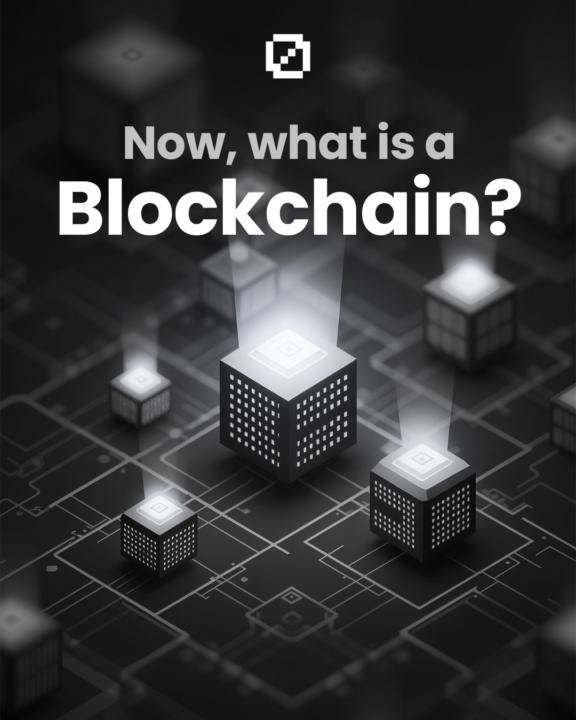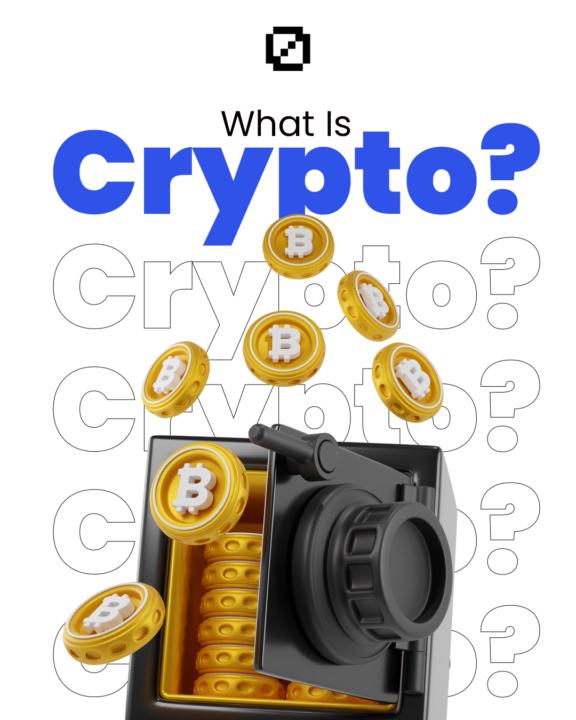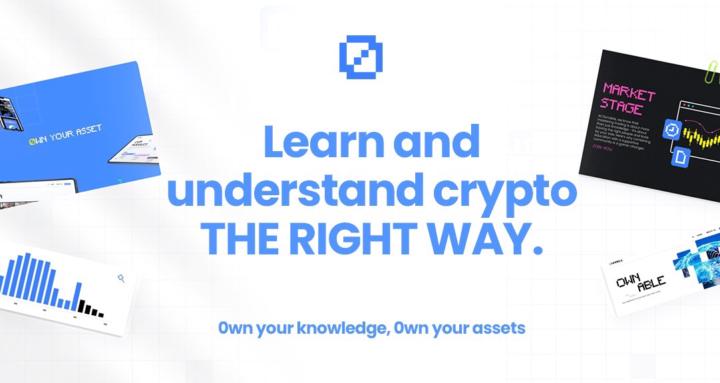
Write something
What is a BlockChain? 🧱⛓️💥
A blockchain is a digital record - but not just any record. It’s a way of storing information that’s shared across thousands of computers, all over the world, with no single person or company in charge. Everyone sees the same version. No one can quietly change the past. Once something is added, it stays there. Forever. This might sound simple, but it’s a major shift in how we store and agree on information. Most digital systems today rely on a central authority - a bank, a company, a platform. If you send money, a bank updates its private records. If you post online, a platform decides what’s shown and what disappears. With a blockchain, the record belongs to the network. Anyone can verify it - no one can secretly rewrite it. That’s the breakthrough. Instead of trusting one central source, blockchains rely on thousands of independent computers working together. Every transaction is checked, confirmed, and locked into place by the network. The rules are written in code. No backdoors, no special treatment. That’s what people mean by trustless - not that there’s no trust, but that it’s built into the structure. Here’s how it works: When someone sends coins, interacts with an app, or stores data, that action is shared with the network. These actions are grouped into a block (like a page in a public ledger) and checked against the rules. Once confirmed, the block is added to the chain - linked to the one before it, forming a permanent, tamper-proof history. Every node keeps a copy. If anyone tries to cheat, the network rejects it. Simple, secure, unstoppable. Blockchains started with payments (Bitcoin), but quickly evolved. Ethereum introduced smart contracts — programmable rules that live on-chain. Now we’ve got decentralised finance, player-owned games, tokenised art, and communities that run themselves. All of it running on open infrastructure, visible to anyone, controlled by no one. So why now? Because the internet is centralised, fragile, and full of middlemen. Platforms gatekeep. Payment processors block. Governments shut things down. Blockchains offer a new foundation: transparent, permissionless, and built to last. They’re not faster or cheaper than today’s systems - but they’re more fair, resilient, and open by default.
3
0

More Than Magic Internet Money: A Beginner’s Guide to Crypto
So, what even is Crypto? Let’s strip it right back. You hear it everywhere — crypto, Bitcoin, blockchain, web3, decentralisation, NFTs, staking, L1s, L2s, DeFi, DeSci, De-just-about-everything — but what is it? And why does it matter? More importantly, is it actually worth paying attention to, or is this another overhyped internet fad destined to end up next to Beanie Babies and MySpace in the cultural dustbin? Short answer: crypto is not just internet money. It’s a new financial and computational fabric. And while it might wear the skin of speculative tech bros and Twitter memes, what’s underneath is a full-blown rearchitecting of how humans organise value, trust, and power on the internet. Longer answer? Keep reading. The Digital Ledger That Doesn’t Lie: At the heart of crypto is a very simple idea: a blockchain — a public, distributed record of transactions, validated by a decentralised network. That might sound boring. And it kind of is. But it’s also radical. Before crypto, you needed institutions - banks, governments, platforms - to act as arbiters of truth. They kept the records, enforced the rules, and usually took a cut while doing so. Crypto flips that model. It lets networks of strangers reach consensus without trusting each other - or a central referee. That means money, identity, agreements and ownership can all be coded directly into software — and verified by anyone. It’s programmable trust, built into open networks. No gatekeepers required. Ok, But… Why Does Any of This Matter? Here’s the thing: crypto isn’t just new tech. It’s a new social contract. In a world where institutions are increasingly centralised, opaque and fragile — crypto offers an alternative: a transparent, permissionless, globally accessible system. You don’t need a bank account. You don’t need to trust a CEO. You don’t need to be born in the right country. And while some of it is still chaos — with rug pulls, volatility and meme coins in the mix — the underlying trend is undeniable: crypto gives people more direct ownership of the digital world they interact with. And that shift - from centralised control to user sovereignty - is just getting started.
5
0

1-2 of 2

skool.com/0wnableio-9008
A one-stop destination for mastering the art of investing. Built by real traders and enhanced with advanced AI tools.
Powered by
